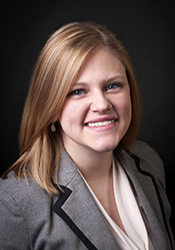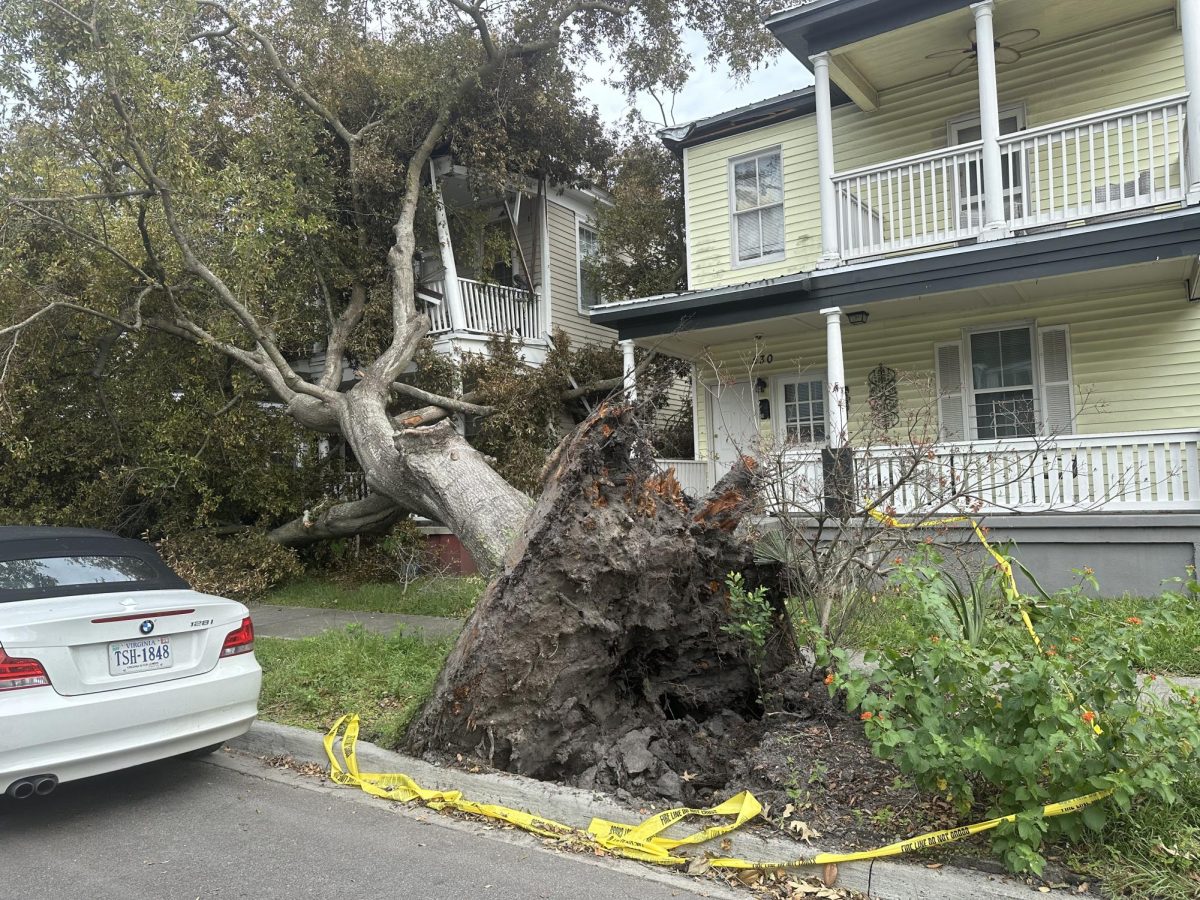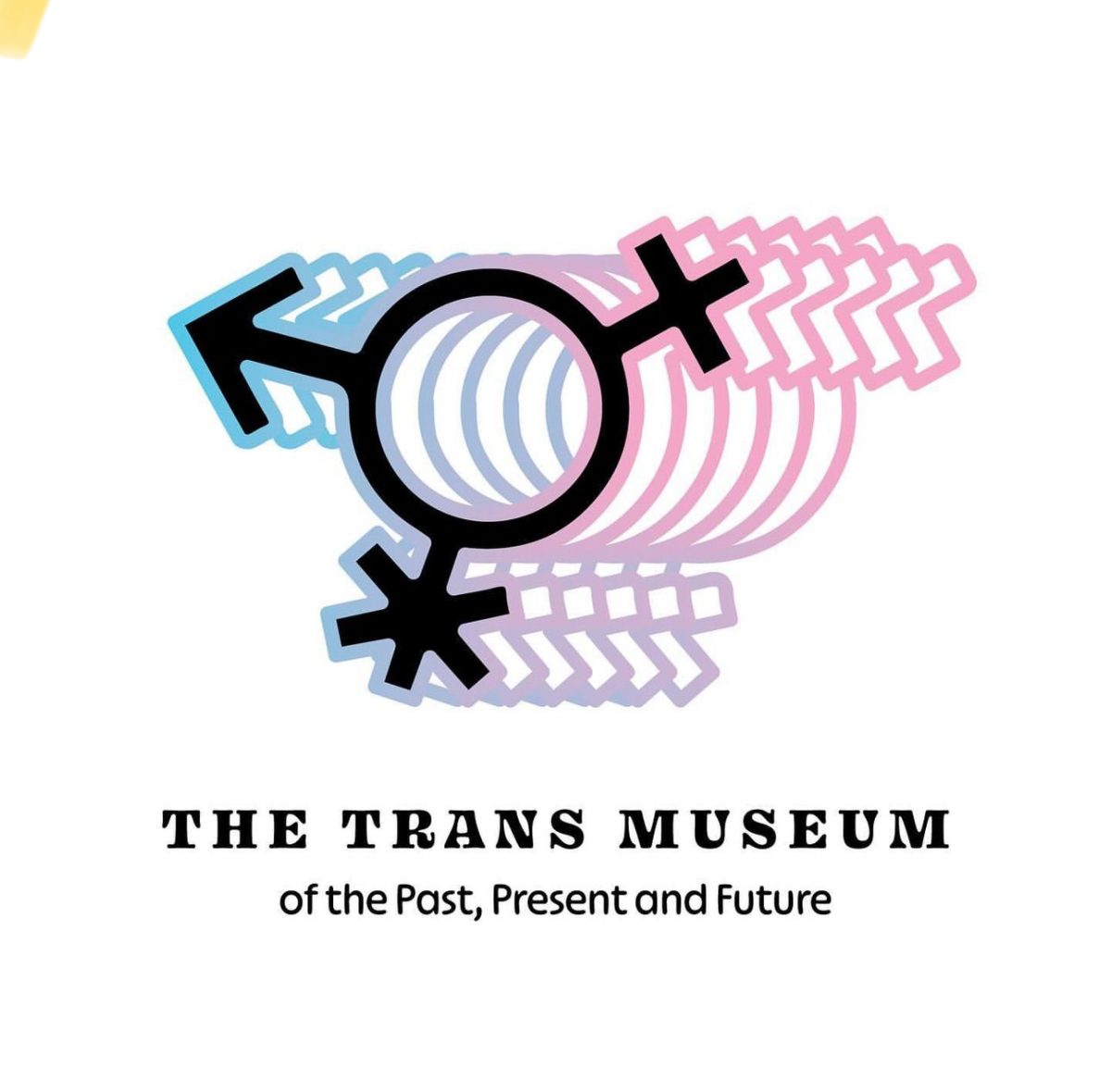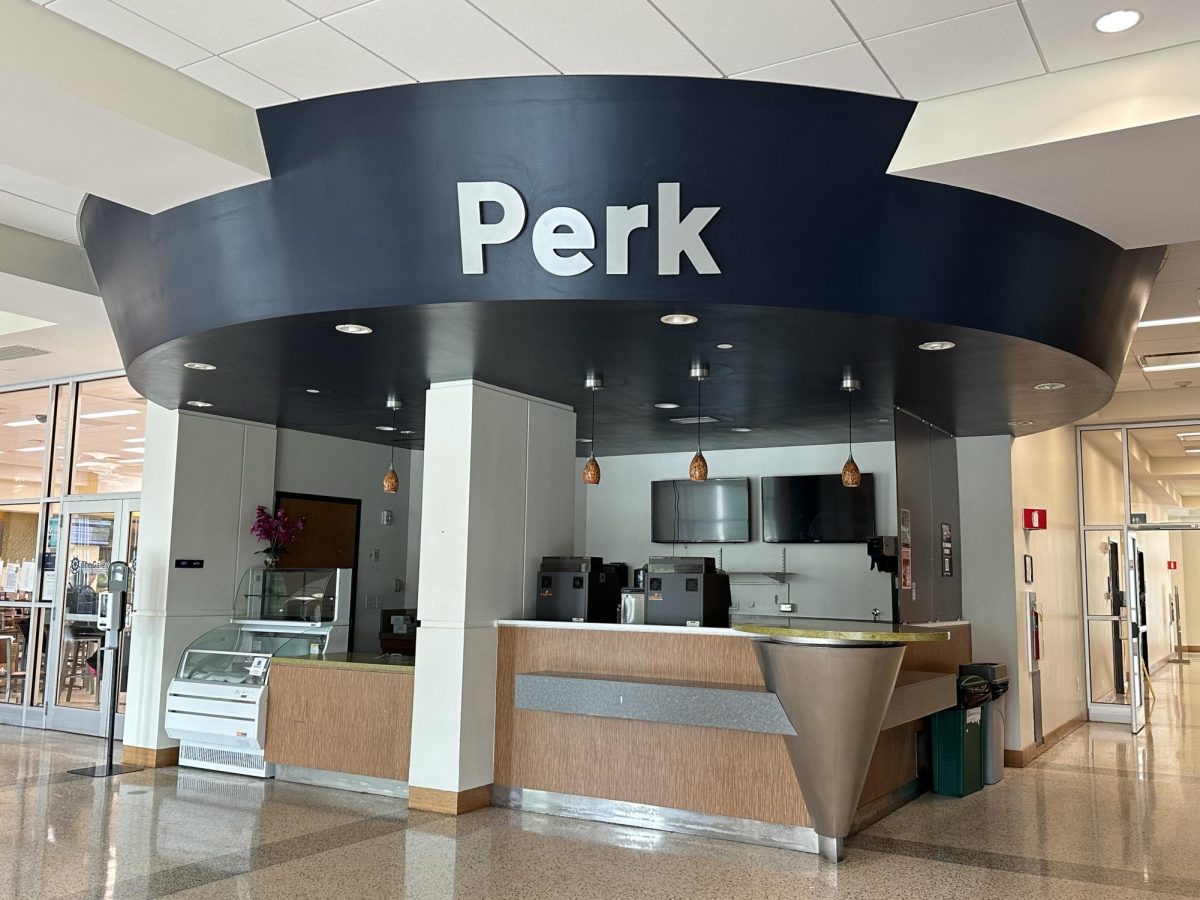By Elijiah Clarke, Staff Writer
The College Life 101 seminar was held April 8, and was led by Andy Cabistan and Alison Lyon. The purpose of the seminar was to inform students how to start their professional careers off strong.
Cabistan started the lecture by giving some background about himself, including, that he received his master’s degree from Armstrong last year. He went on to say that should anybody have any questions or want to talk, he can be found in the MCC (Memorial College Center) in the office of Multicultural Affairs.
Afterwards, he handed over the floor to Lyon, who spun off of what Cabistan said about asking for help by saying, “the most helpful thing for college students to get started on their career, is to ask for help. Students need to seek for guidance, and surround themselves with the right people.”
She went on to explain the alumni program that Career Services offers. It allows students to seek help from alumni for free.
She also stressed the importance of every student to sign up for “Career Web”. Career Web is a platform for students to give them a boost in life and hopefully make finding a good career a little easier on them.
Lyon then discussed the importance of properly building one’s resume and cover letter, which was the bulk of the seminar. “Every student needs a resume for any application,” she said.
“Knowing that there are people that can help me with my resume and with finding jobs makes me more confident for my career,” Dwayne King, a freshman Computer Engineering major, said.
Lyon gave examples of what a resume and a cover letter should look like and contain. On the top of the resume is your objective, but if you have a cover letter, one should omit the objective off of the resume. “One major rule,” she said, “is don’t put your GPA on a resume if it’s under a 3.0.”
High school should also be slowly fading off of our resume as a college student. It’s still acceptable to have some stuff a college student’s freshman and sophomore year, however after sophomore year, all high school accomplishments should be gone from a college student’s resume.
“The experience section should be the biggest section of your resume,” Lyon stressed. “Don’t only put work experience, but all other types of experience as well.”
The seminar continued with more do’s and don’ts of resumes. Some included not printing your resumes out in colors, and being careful when trying to print out a template.
It’s instructed to only use Times New Roman, Arial, or Cambria, and to ue size 12 font, unless it’s using Arial, then one should use size 10 font. Lastly, the resume should not be more than one page in length unless you are a graduate.
Derek Young, a sophomore Computer Science major, said “I really enjoyed the program. I found out how beneficial a resume could be for my career.”
Lyon and Cabistan both encourage students to seek help should they need it. They ended the seminar by reminding students to begin working of their resumes as soon as possible and that there are numerous resources that Armstrong has to offer to help students with things like this.






